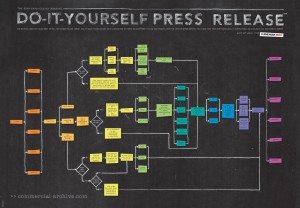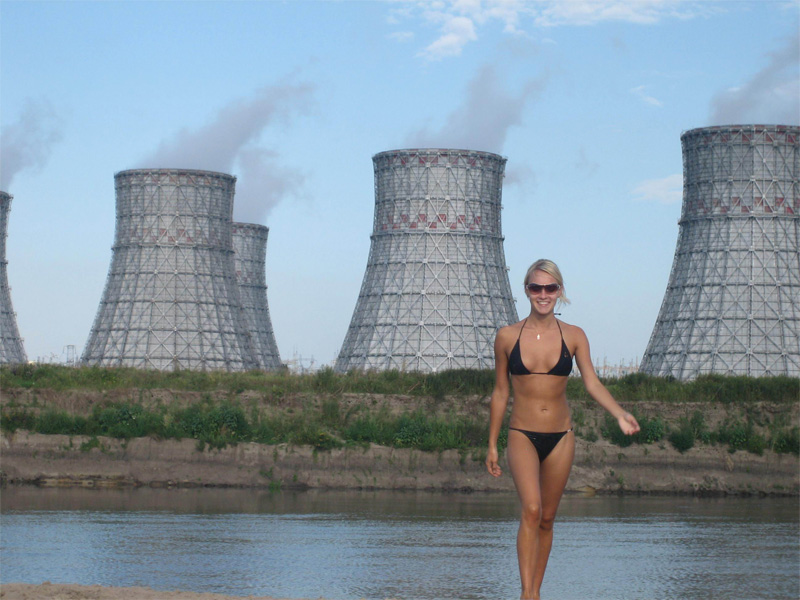I spent my school years growing up in Wanganui, and for the time being I’m back here, taking care of family matters. Having grown up here as a PÄkehÄ with strong connections in Te Ao MÄori, I can say with some authority that the region is mostly populated by unreformed PÄkehÄ racists who loathe MÄori out of fear bred from profound ignorance. I say mostly – but not entirely; there is an understandably large MÄori population, and some more tolerant PÄkehÄ. This fear and loathing is both the cause and the result of the fact that MÄori in Wanganui are poorer, less-well educated and more likely to be involved in crime than non-MÄori. Not so different from the general mentality of NZ as a whole, but stronger.
The Wanganui District Council yesterday voted against recommending to the NZ Geographic Board that the name be changed to its proper spelling – Whanganui, endorsing a 2006 referendum in which 82% of respondents favoured retaining the spelling. This post comprises two parts: first, an argument as to why retaining the name without the h is an absurd example of the grasping settler mentality; and second, an explication of how this morning’s front-page article on the topic frames the issue as a crisis, and promotes the same sort of fear and ignorance by marginalising and ridiculing the voices and opinions of those favouring the change.
Grasping settlers
Many will baulk at my referring to the 21st Century residents of Wanganui and its district as `settlers’, given that the settlement was one of the original four established by the New Zealand Company in 1840. Most of them would refer to themselves as `battlers’, and that’s almost as appropriate. What marks people out as settlers is the grasping siege mentality of scarcity – they came here with nothing, they have to get whatever they can get, and damned if they’ll let any of it go. Generations on, and even among those whose families weren’t settlers, this mentality remains. They live here, and they grasp, but generally they make few and feeble attempts to engage with tangata whenua, seeing them as outsiders, as enemies, and as competitors because on some level there is a recognition that they retain a moral claim to resources, discourse and authority. The settlers, despite this recognition, consider that it is their land, and their river and their town, and any arguments or evidence to the contrary are met with hostility and the rhetoric of assimilation.
Mayor Michael Laws:
Wanganui is not a Maori name. It has assumed an identity, a heritage, a history and a mana of its own.
You’ll go far to find a more convenient statement of revisionist ignorance in NZ identity politics. This forms the sole and entire argument in principle against the name change: it’s been that way for ages, so the word no longer means what it once meant – or more plainly, it’s an old mistake so it’s no longer a mistake. If this were to hold everywhere, then the mis-transliteration or misspelling of any word would necessarily destroy any connection to the original in every case: a patently idiotic idea. The fact is that Wanganui is a MÄori word, misspelt by the original transliterators because the local dialect drops the `h’, pronouncing `Whanganui’ and `Wanganui’ practically the same, with a Wa sound, not a Fo sound. It’s not a new word – it’s the old word misspelt but pronounced correctly. This is a critically important example of the damn-fool ignorance I’m talking about: most of those against the change complain that they don’t want to have to pronounce it with a `F’, not realising despite mostly having lived here all their lives that nobody would. Hardly anyone pronounces the name of the river – which name is spelt with the h – as such; just ignorant but wanting-to-be-culturally-sensitive PÄkehÄ, or other MÄori wanting to make a point about the superiority of their dialect over the local one.
So, the argument in principle is invalid, and the argument of practicality is equally invalid. Why are people so opposed to the change? Because the local MÄori want to exert their rangatiratanga by insisting the name of the settlement on the river be rendered correctly, as a symbolic matter, and the settlers are opposed to any assertion of rangatiratanga for fear that they might lose control over their identity and their community, or become hori-fied, as Dam Native put it. Spelling, pronunciation and other such matters are important symbolic markers of identity and authority, and the river and its surrounds physical manifestations of that. As local iwi say: Ko au te awa, ko te awa ko au – I am the river, the river is me. That such a central part of their identity may be grasped and mutilated and withheld as if it no longer belonged to them is almost as grave an insult as is possible.
This grasping settler mentality is the fundamental reason why MÄori have to endure a decades-long, frightfully expensive and time-consuming judicial process under a foreign system weighted against them, generations after the fact and opposed every step of the way by the crown, business, the media and the settler public, in order to get a fraction of one per cent of the reparations to which they might otherwise be entitled. It’s the same principle which prompted the Iwi/Kiwi ignorance, and the same which recently led to the rhetorical backlash against the vesting of Ka Mate in NgÄti Toa Rangatira, about which I wrote recently. It grasps things of value, and then refuses to return them, or share them, or relinquish any control over them, no matter how slight, and even when such a gesture of goodwill would be the basis for more meaningful and harmonious engagement with the settled outsiders and a route to a more peaceful future, not the opening of the floodgates feared by the settler majority.
Village idiocy
Wanganui has a provincial village mentality, and this is quite strongly reflected in its media which are highly conservative, in the sense that they reflexively endorse the status quo and the opinions of the majority, to the exclusion of heretodox voices which are characterised as fringe radicals of one sort or another. The daily Wanganui Chronicle in particular is the local Pollyanna – its motto is `Love this place!’, and its news follows one of two forms: local-folks-done-good, or bad-things-threatening-our-way-of-life. This reinforces the settler mentality, and it’s not too harsh to call the Chron a settler paper.
The Wanganui Chronicle‘s lead story this morning was headlined `H bombs in crucial vote’, with the `H’ in red lettering, alongside a large photo of MÄori protesters (although the secondary story `Protesters on the march’ notes that most protesters were PÄkehÄ). The corresponding story on the Chron‘s website has the same photo, but the more sedate `Council split over ‘H’ in Wanganui’ headline. Message: locally, this is war. For the rest of the country, it’s just another bit of local government trivia. The headline both minimised the importance of this issue as a symbolic matter of rangatiratanga and amplified its importance as a site for dispute between settlers and outsiders. People know they have to fight against it, but don’t know why.
The story lead with the fact that the vote was closer than expected – five councillors (of thirteen, including Laws) would not vote for the existing name. Prominent share of voice was granted to those five councillors, mostly making the arguments above, that the change was the correction of a historical inaccuracy and not `bending to the whims of radicals’, but the highlighting of these five councillors as opposed to the 82% majority in the referendum clearly framed them as the radicals in council – outsiders, out-of-step with their electorate. This was reinforced by three other points: first, one councillor said he was `ashamed’ at the response to the referendum, being as it was based on ignorance, fear and misunderstanding – the message in the context of his decision was that he was ashamed of the electorate, directly at odds with the adjacent `Love this place!’ vox pop of a cute girl talking about why Wanganui is so great, a variation of which is repeated daily on the front page.
Second, other than Laws, only one councillor who voted in favour of the existing spelling was quoted on the matter, saying that she was elected to `represent the views of her community, as expressed during the referendum process’, almost identical wording to that used by Laws, and a strong statement of normative majoritarian orthodoxy.
Third, Laws said, with somewhat wolfish magnanimity, that `it was comforting to see elected officials take an unpopular stance’, echoing other councillors who `acknowledged they could lose votes’ for refusing to endorse the existing name. Not a principled stance; an unpopular one; which represents them, not us. Message: If you’re not with us, you’re against the community, and if you’re against the majority, you’re the enemy by definition.
Against this background, there sometimes seems no hope for race relations in Wanganui, or perhaps even for NZ at large. At ANZAC weekend, I will be attending the launch of a book by Canterbury University scholar John Newton, at Hiruharama up the Whanganui river, which I expect will argue the opposite: that the spirit of goodwill and compromise and understanding exemplified by the relationship between poet James K Baxter and his associates and local MÄori during the 1960s and 70s provides a model for NZ race relations, opposed to the majoritarian settler orthodoxy which now dominates.
L






